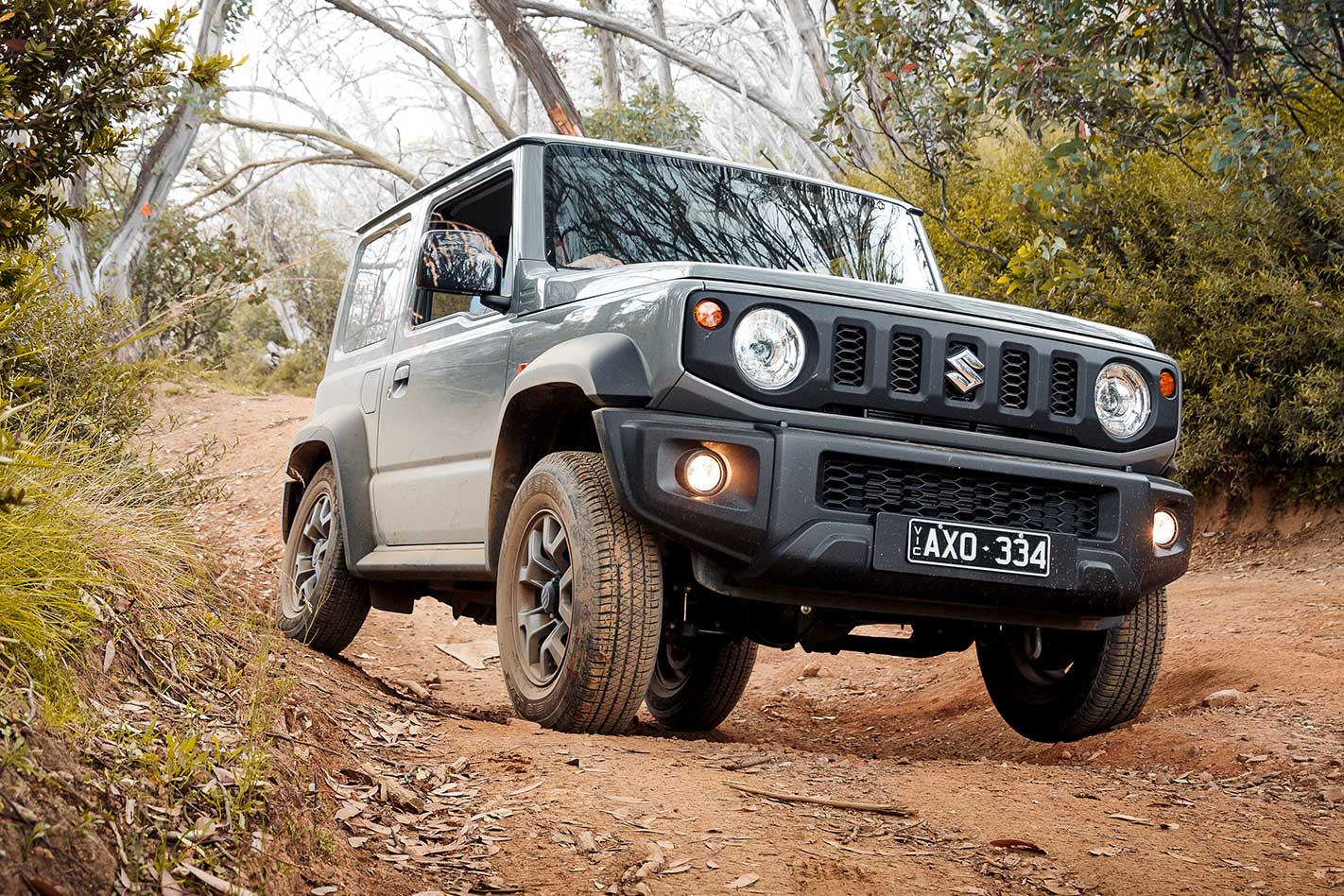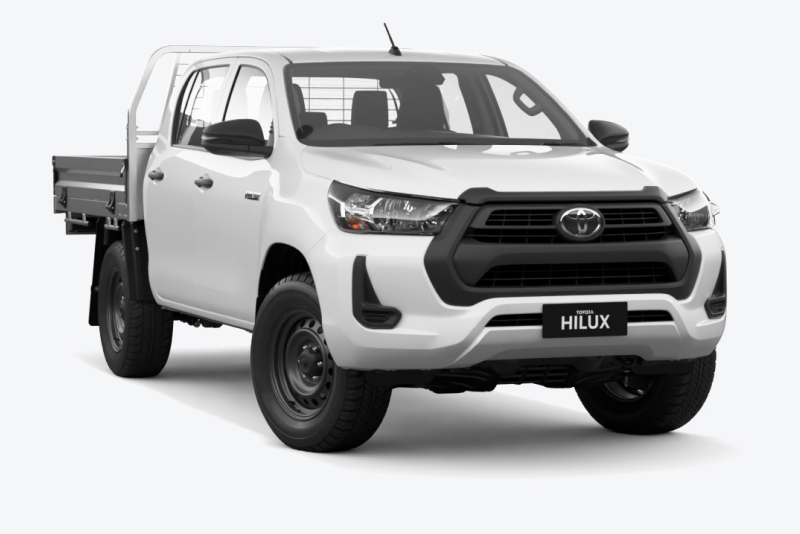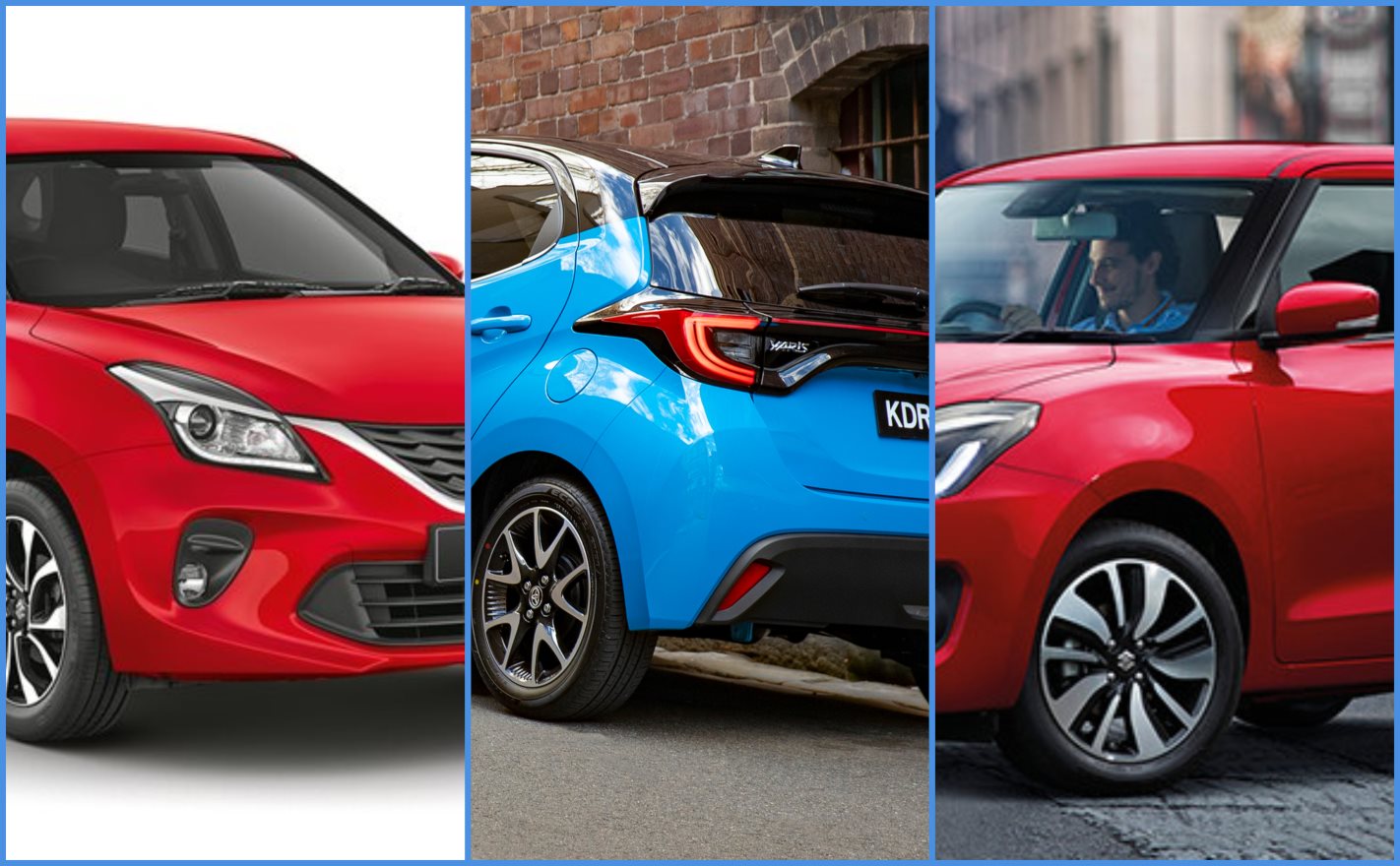
LIGHT / CITY CARS
The tiddlers of Australian roads are a dying breed, many creeping past the $20K mark that has long been an unofficial barrier for buyers.
But there are still terrific options around, including some that charge you more to get behind the wheel but save you money once you’re there.
The light/city cars we evaluated are from Asian and European brands creating a diverse blend of circa-$20K machines.
Compromises are often glaring at this end of the market, where $1000 can sway buyers to one model or another, so the focus on cost is intense. But there are some great deals.
While there are self-shifting manuals, we’ve only looked at autos because that’s what 95 per cent of buyers choose.
As you’ll see from the numbers, the cheapest car isn’t always the cheapest to own. Fuel prices and depreciation can hit the bottom end of the market hard.
GOLD – Suzuki Swift GL Navigator
The Suzuki Swift isn’t the cheapest in its class (the MG3 for example comfortably beats it) nor likely to hold its value as well as others (the Honda Jazz wins there).
But it is a very solid all-rounder that does little wrong and leverages the strengths of a brand known for small cars.
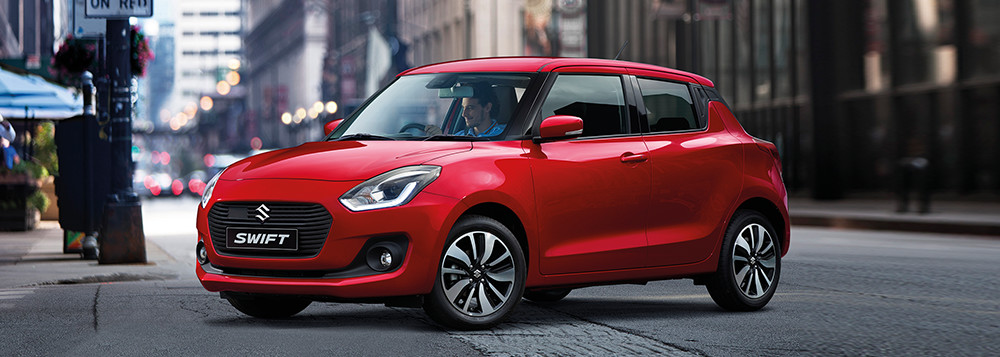
At $19,990 the Swift GL maintains an attractive price point against many competitors that have surged in recent years. It’s also an in-demand car on the used-car market, helping cement a solid 61 percent Redbook predicted resale value figure, in turn minimising what you’ll lose during those first five years of ownership.
It’s also among the most affordable to service of its peers, averaging less than $300 annually. Throw in miserly fuel consumption and the Swift emerges victorious.
Part of the Swift’s cost-saving magic is achieved with its size. It’s small by city car standards, especially with boot space. But for a single or couple looking for easy-to-live-with transport there is plenty to like.
The Swift is agile and fun, be it zipping around town or on the open road. It’s not the quietest, but it is among the more competent city hatches. The compact, lightweight body adds to its litheness, something that is a big contributor to how it drives.
The 1.2-litre four-cylinder is less convincing and requires a heavy foot for even respectable performance, although it is helped by a CVT auto that taps into the best the engine has to offer.
There’s just 66kW to play with, and most of its (limited) enthusiasm is high in the rev range. But, hey, it doesn’t mind some spirited work, adding to the likeable nature of what is a car that screams value.
Speaking of which, even with the bargain price tag the Swift get satellite navigation standard, as well as Apple CarPlay and Android Auto.
There are airbags for crash protection but the Swift lacks the active safety systems becoming commonplace, partially explaining its tempting sticker price.
SILVER – Suzuki Baleno GL
Reinforcing the Japanese car maker’s expertise in delivering compact hatchback goodness is the lesser-known Baleno backing up its Swift sibling to dominate value for this category.
While it’s slightly longer and wider than the Swift, the Baleno is more affordable, priced from $16,990 as an automatic.
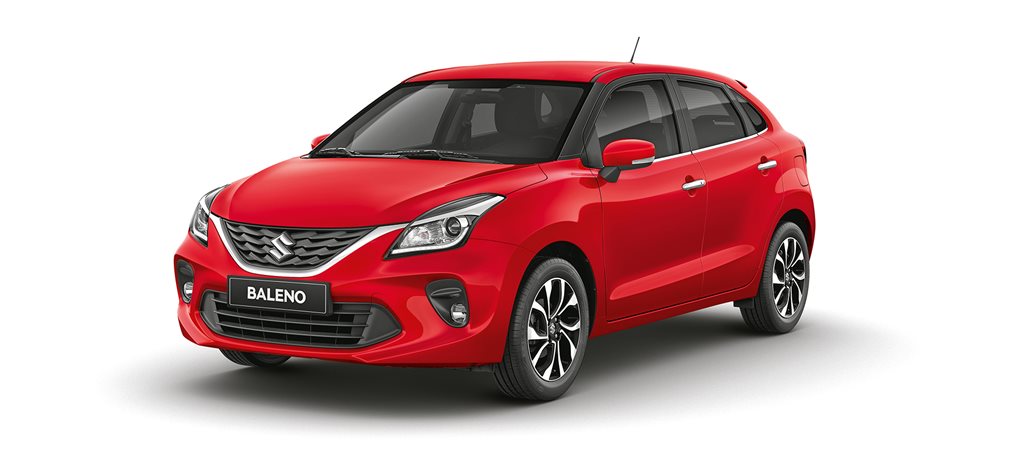
The price difference comes from minor differences in equipment as well as an old school four-speed auto.
Whereas the Swift gets alloy wheels, the Baleno gets steelies with plastic covers. The Baleno also misses out on Android Auto, although it still gets satnav.
As with the Swift, it’s underdone for active safety gear.
But as a value proposition, the Baleno mounts a convincing case. Resale expectations are excellent, fuel use low and servicing only marginally more than the Swift (yet still highly competitive).
There’s a 1.4-litre four-cylinder that’s very modest in its outputs – 68kW and 130Nm – so, again, you have to keep your right foot down to keep things moving.
The four-speed auto makes it trickier to extract what modest outputs the engine has to offer, although it’s less of an issue around town.
Our expert judges also determined the Baleno isn’t as convincing on the road, something that pulled its score back.
BRONZE – Toyota Yaris Ascent Sport
New for 2020, the Toyota Yaris hatch represented a big step up in price over the model it replaced, in some ways indicative of the additional safety gear that is among the best mainstream models on the road (centre front airbag, speed sign recognition and autonomous emergency braking heading the list).
But crunch the numbers and Toyota’s most affordable car – now starting at $23,630 as an auto – starts to stack up.
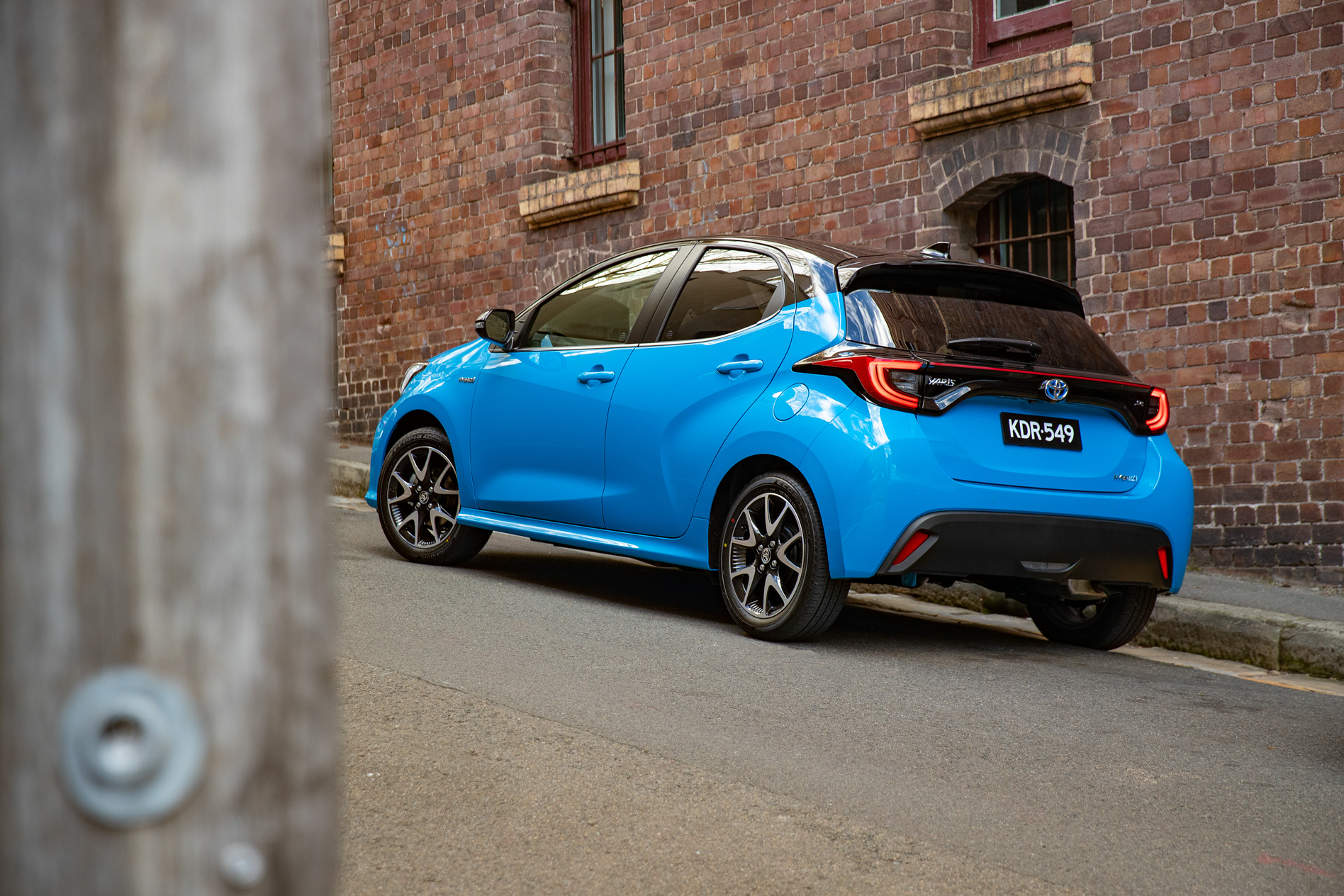
Solid resale values make for a great start and the $195 annual services for the first five years or 75,000km cement its low running costs.
We may have expected the Yaris Hybrid to perform better but it’s not available in the entry-level Ascent Sport trim, instead costing $29,020 and consequently blowing the numbers out, even with its welcome fuel savings.
So it’s down to the regular car’s 88kW three-cylinder engine to provide perky around-town acceleration.

